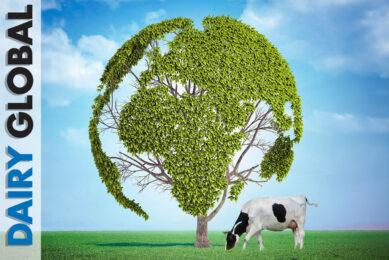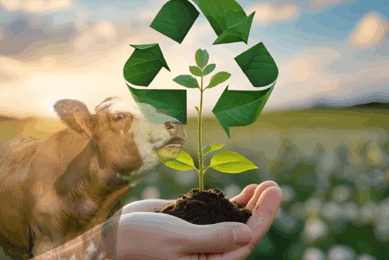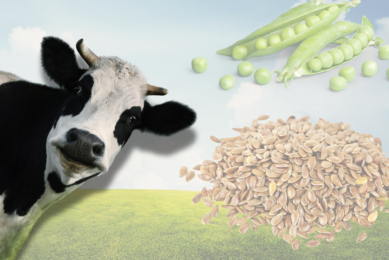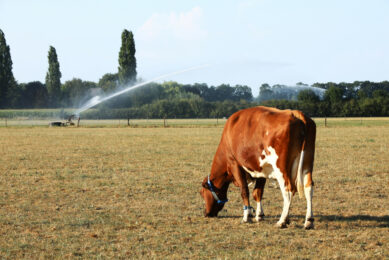UK seaweed trials on dairy farms aim to slash methane
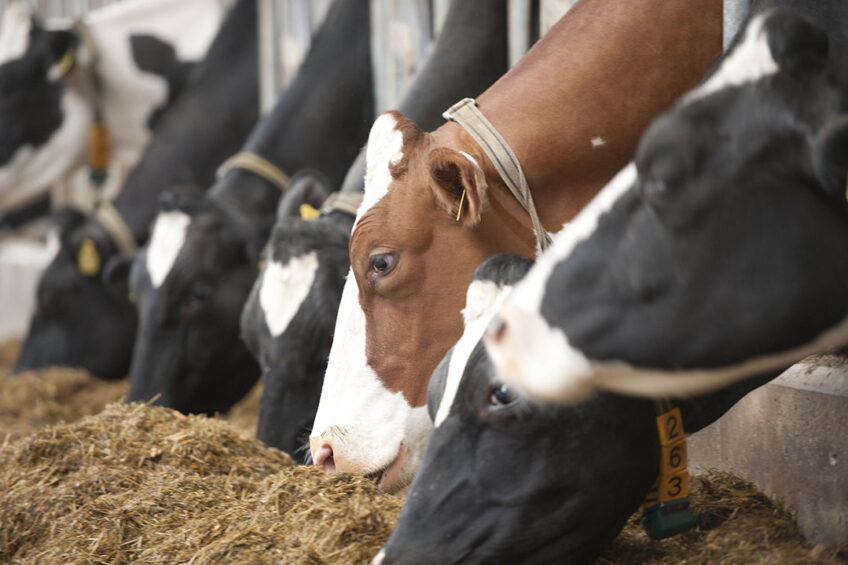
In a bid to slash methane emissions by almost a third, British and Irish farms will be part of trials where cattle will be fed seaweed.
Scientists at the Institute for Global Food Security (IGFS) at Queen’s University Belfast will feed seaweed to farm animals in a bid to slash methane by at least 30%. This on a backdrop of the US And EU having pledged at COP26 to reduce agricultural methane outputs from ruminant livestock by upwards of 30% by 2030, says a recent press release by Queen’s University Belfast.
Super seaweed to reduce methane
Seaweed has long been hailed as a ‘superfood’ for humans. But, adding it to animal feed to reduce methane gas released into the atmosphere by ruminants’ burping and flatulence is a relatively new idea. Early laboratory research at IGFS has shown promising results using native Irish and UK seaweeds. Field trials on UK farms are now about to begin using seaweed sourced from the Irish and North Seas as a feed supplement for cattle.
Dairy farm trials and projects
One 3-year project is in partnership with the UK supermarket, Morrisons, and its network of British beef farmers who will facilitate farm trials. The project has also partnered with the Agrifood and Biosciences Institute (AFBI) in Northern Ireland.
A second project, led by Irish agency, Teagasc, will see IGFS and AFBI join a €2million international project to monitor the effects of seaweed in the diet of pasture-based livestock. Seaweed will be added to grass-based silage in farm trials involving dairy cows from early 2022.
As well as assessing methane emissions of the beef and dairy cattle, these projects will assess the nutritional value of a variety of homegrown seaweeds, and their effects on animal productivity and meat quality.
IGFS lead, Sharon Huws, professor of Animal Science and Microbiology at the School of Biological Sciences, said she expected the combined research to show a reduction in GHG emissions of at least 30%. “The science is there. It’s simply a matter of providing the necessary data and then implementing it. Using seaweed is a natural, sustainable way of reducing emissions and has great potential to be scaled up. There is no reason why we can’t be farming seaweed – this would also protect the biodiversity of our shorelines,” she said.
“If UK farmers are to meet a zero-carbon model, we really need to start putting this kind of research into practice. I hope IGFS and AFBI research can soon provide the necessary data and reassurance for governments to take forward,” she added.
Agriculture accounts for around 10% of all UK GHG emissions. Within this, beef farming is the most carbon-intensive, with methane, which cows produce during digestion, a major component. At a Northern Ireland level, methane accounts for almost a quarter of GHG emissions, with 80% of that from agriculture.
The above projects form part of the Queen’s-AFBI Alliance – a strategic partnership between Queen’s University and AFBI to maximise science and innovation capacity in Northern Ireland to meet global challenges, such as carbon-neutral farming.
Morrisons supermarket plans to be completely supplied by net-zero carbon British farms by 2030. Sophie Throup, head of Agriculture at Morrisons, said: “As British farming’s biggest customer, we’re very mindful of our role in supporting and inspiring the farmers we work with to help them achieve goals in sustainable farming.”
Source and more info: Queen’s University Belfast
Join 13,000+ subscribers
Subscribe to our newsletter to stay updated about all the need-to-know content in the dairy sector, two times a week.



